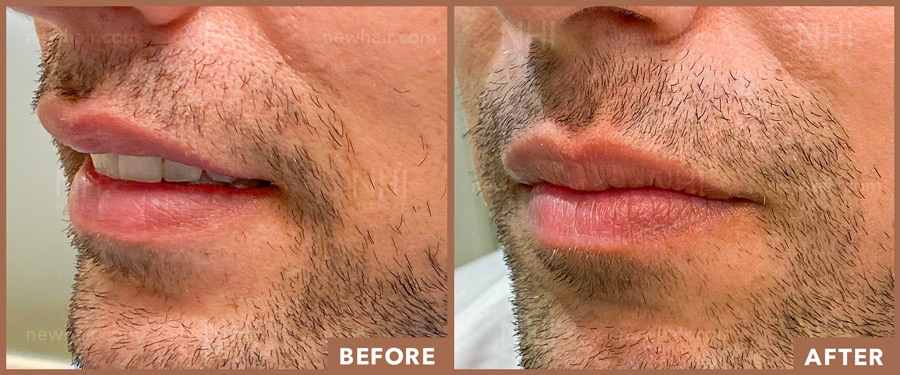Certainly! Making the choice to bear a hair transplant is critical and requires careful consideration. Here are eight necessary factors to weigh earlier than deciding if a hair transplant is right for you:
1. Degree of Hair Loss:
Consider the extent of your hair loss. Hair transplants work greatest for individuals with sample baldness where sure areas of the scalp have experienced hair loss while other areas remain unaffected. The procedure is probably not suitable for superior stages of hair loss.
2. Stability of Hair Loss:
Ensure that your hair loss has stabilized earlier than contemplating a transplant. If hair loss remains to be progressing, additional procedures may be needed in the future to handle new balding areas.
three. Realistic Expectations:
Have practical expectations concerning the outcomes. Understand that a hair transplant can improve the looks of your hair, but it might not restore your hair to its density in your youth. Discuss your expectations overtly with the surgeon through the consultation.
four. Health Considerations:
Assess your total health and any underlying medical situations. Certain health situations or medications might affect your eligibility for the procedure. Be transparent about your medical historical past throughout consultations.
5. Cost and Budget:
Consider the price of the procedure and whether or not it fits your finances. Hair transplants can be a important monetary funding. Factor in not just the preliminary price but additionally potential follow-up sessions or therapies.
6. Reputation and Experience of the Surgeon:
Research the status and experience of the surgeon and the clinic. Choose a board-certified and experienced surgeon who focuses on hair restoration. Read evaluations, verify before-and-after photographs, and ask for recommendations.

7. Recovery Time and Aftercare:
Understand the recovery process and aftercare requirements. Hair transplant recovery can take several weeks, during which you need to comply with specific directions provided by the surgeon. Consider your work and social commitments through the restoration interval.
8. Alternative Treatments:
Explore alternative remedies for hair loss, corresponding to medications (like minoxidil and finasteride) or low-level laser therapy. Discuss these options together with your healthcare provider and evaluate their effectiveness earlier than choosing surgical procedure.
Additional Consideration:
Emotional Preparedness: Consider your emotional readiness for the process. Assess how you might really feel through the various phases of the process, together with the shedding phase and waiting for the model new hair to grow.
It's important to have open and trustworthy discussions with a qualified hair transplant specialist. They can assess your particular person scenario, talk about your issues, and supply professional steering tailored to your wants. Remember that every particular person's experience with hair loss is exclusive, and what works for one person may not be the most effective solution for another..
